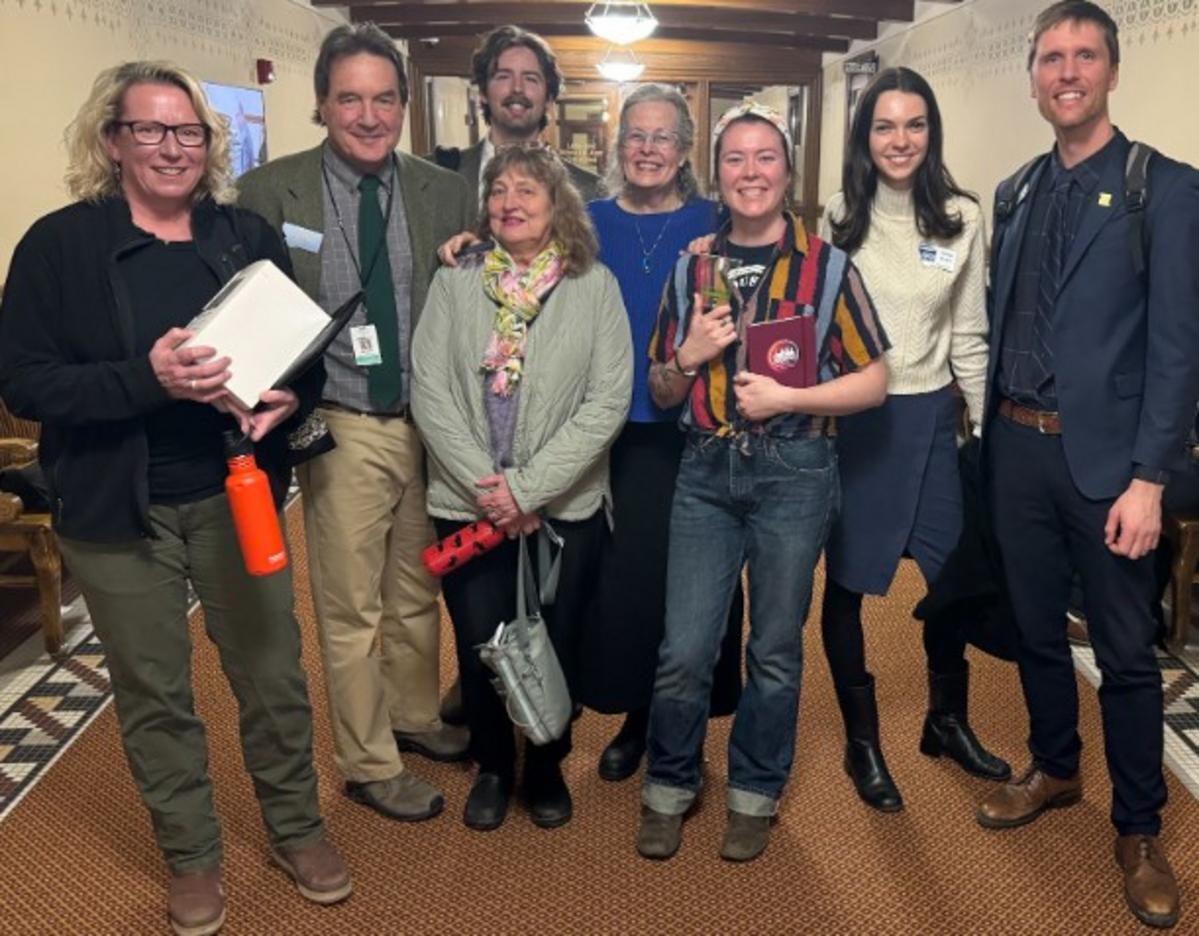Breaking: Montana's Bold Move to Banish Styrofoam Sparks Environmental Revolution

In an era of deep political polarization, House Bill 477 stands as a beacon of hope, demonstrating that collaborative problem-solving can transcend partisan divides. Jeremy Drake's insights reveal a powerful narrative of citizens and lawmakers coming together, proving that meaningful progress is possible when people prioritize constructive dialogue over ideological differences.
The bill's success is more than just a legislative achievement; it's a testament to the power of mutual understanding and shared commitment to finding practical solutions. By setting aside political rhetoric and focusing on common goals, stakeholders showed that compromise is not a sign of weakness, but a strength of effective governance.
This example serves as an inspiring reminder that when communities engage with empathy, listen to diverse perspectives, and work toward shared objectives, meaningful change becomes not just possible, but probable. HB 477 offers a blueprint for how collaborative approaches can bridge political gaps and create positive outcomes that benefit everyone.
